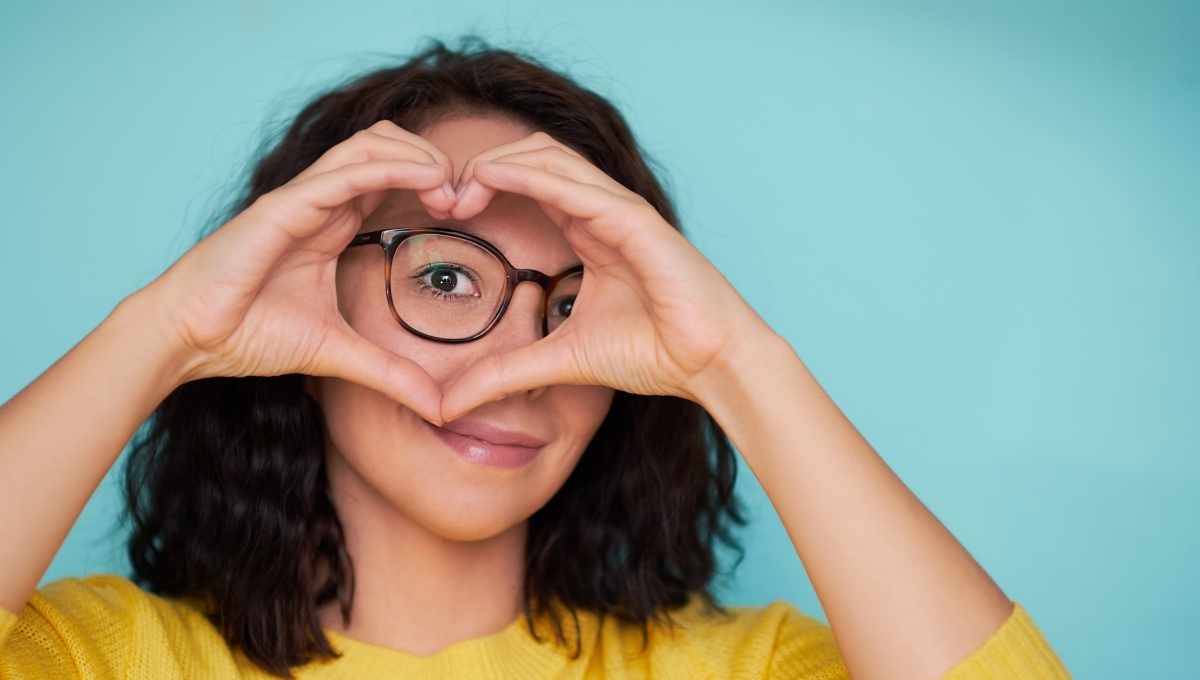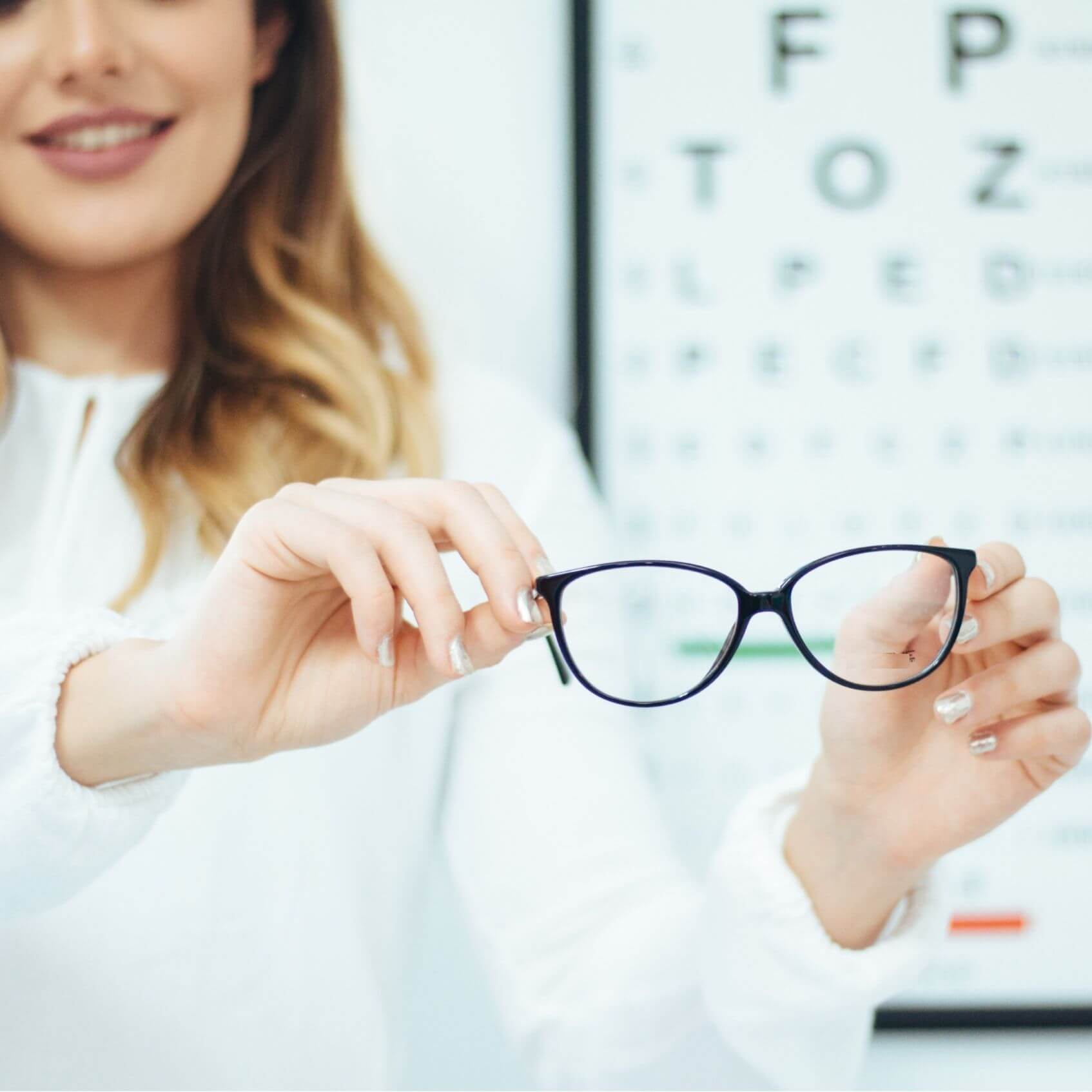Over the past year, we’ve seen a sharp increase in dry eye symptoms among our customers. So, we decided to put together a short blog to answer a simple question, “Why are my eyes dry?”
Let’s take a short look at dry eye and how simple interventions like artificial tears and lifestyle changes can stop recurring symptoms.
What are the symptoms of dry eye?
If you suffer from dry eye, you may experience at least one of the following symptoms:
- Red or irritated eyes
- Sensitivity to light
- Blurred vision
- Headaches
- Gray spots or “floaters”
How do you treat dry eyes?
It’s important to know the root cause of your dry eye symptoms before seeking treatment. We recommend starting with a comprehensive eye exam, which takes about thirty minutes. You can get an eye exam at VC Vision or another trusted source of eye care in your area.
But how can you actually get rid of dry eyes? In most cases, our optometrists suggest regular use of over-the-counter eye drops, also called artificial tears.
What’s the best eye drop for dry eyes?
There are a lot of over-the-counter eye drops. Some work better than others. Here are the top three picks according to our customers and our optometrist:
- Oasis Tears
- Visine
- Equate
For more serious cases, over-the-counter eye drops may not be enough. We may recommend warm compress therapy or refer you to an ophthalmologist.
What causes dry eyes?
Dry eye syndrome occurs when a person’s tear glands do not produce enough moisture to properly lubricate the eye.
However, the most common form of dry eye is connected to digital eye strain. Symptoms gradually worsen over time if you do not limit your exposure to light from computers and phones.
You may be at greater risk of developing dry eye if you:
- Are age 50 or older
- Are female
- Wear contact lenses
- Have a vitamin A deficiency
- Have lupus or Sjögren syndrome
- Are overexposed to digital devices
Eye exams are inexpensive and give you a good idea of what level of treatment you need. If you’re struggling with dry eye, schedule an appointment with our optometrist. We can help, and treatment is easier than you think.


